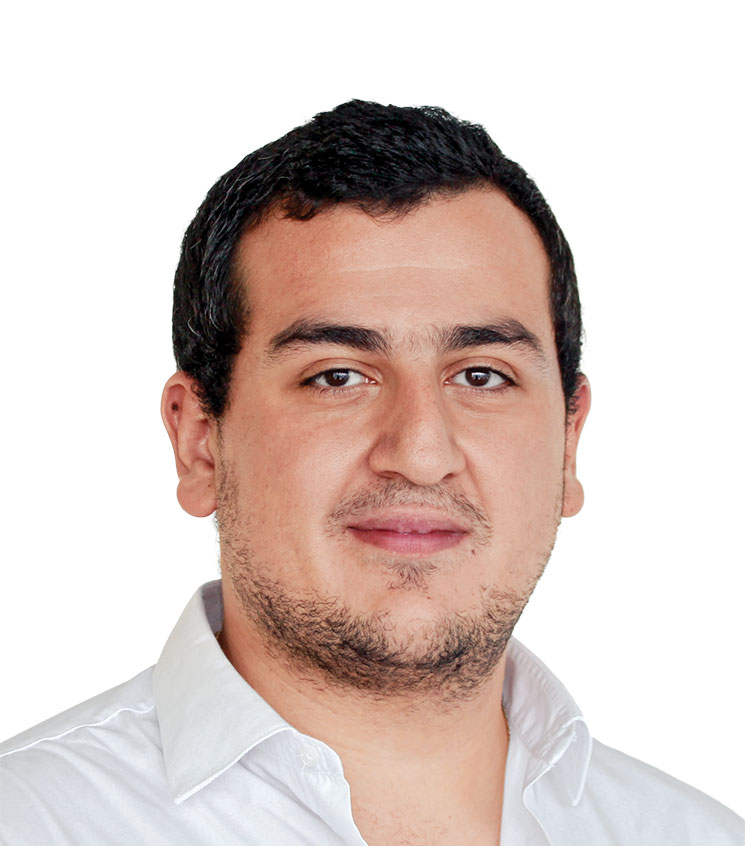Doctoralia to Take its Successful Model to the B2B Market

STORY INLINE POST
Q: How has Doctoralia evolved over the past 15 years?
A: Doctoralia has worked to improve the Mexican health sector, transforming the lives of millions of people over the last 15 years. Initially, we helped patients to find healthcare professionals close to their area. The website was basically a phone book listing physicians.
In 2016, Doctoralia was acquired by DocPlanner, which introduced the SaaS model and changed our objectives. Besides providing physicians with visibility, Doctoralia now provides them with tools to digitize medical activities that can then be used by individual healthcare professionals, clinics or hospitals. Doctoralia evolved from a physician directory to a marketplace.
The first evolution was in becoming the main platform through which doctors could interact with patients. Doctoralia has continually added new software, such as chat, video consultations, online payments, marketing tools and more.
Q: What role does video consultation play within Doctoralia’s operations?
A: Doctoralia had already planned the launch of video consultation for September 2020. However, when the pandemic hit, we focused all our efforts on accelerating this launch on march 2020. In only four weeks, we were able to offer the module for all our healthcare specialists. During the first month, we held around 11,000 video consultations and by 2021 there were almost 600,000. This service continues to grow. In the first two months of 2022, there have already been 105,000 video consultations. This technology is here to stay.
Q: What role does regulation of e-prescriptions and teleconsultations play in their adoption?
A: Regulation is crucial. E-prescriptions are already regulated to ensure that the professionals issuing them have all the necessary credentials to do so. The challenge is the ecosystem. Few pharmacies and retailers are integrated into COFEPRIS’s program for e-prescriptions.
Regulation of video consultations is further away. We call them video consultations instead of telemedicine because Mexico still lacks legislation in this regard. There is a gap in the legal framework, which is hindering the adoption of this technology. While teleconsultation needs regulation, it also requires further technology beyond the video call.
Q: How does Doctoralia work to ensure data protection and privacy within its platform?
A: Privacy and data protection are top priorities for Doctoralia and DocPlanner. We are fully compliant with the EU’s General Data Protection Regulation (GDPR) Law, a robust regulation regarding privacy and data protection. We offer safety for both healthcare professionals and patients. All existing interaction and data are confidential — even Doctoralia’s employees do not have access to it. Patients can rest assured that their data is not shared with anyone. The information is only accessed by the physician who will treat each particular patient.
Q: How has Doctoralia improved the patient journey through its platform?
A: Doctoralia’s mission is to make healthcare more humane. This starts with the patient’s experience. We are obsessed with understanding the entire patient journey, not only the digital search for healthcare professionals. The digital experience improves the patient’s experience, from scheduling an appointment to visiting laboratories, which are part of the ecosystem. It is common for patients to undergo medical tests and we are working in Doctoralia Labs to offer a similar experience to that of the main platform. At the moment, we have both platforms separated but we are working to integrate them into one platform.
Q: What does Doctoralia’s B2B focus look like and what products does the company offer to clinics and hospitals?
A: Doctoralia has always focused on individual healthcare professionals but our goal is to extend our reach. Doctoralia is taking the automation of administrative tasks and digital tools to the B2B market, which means clinics and hospitals. We are working hard to grow our market share in this segment by fully digitalizing clinics with multiple specialties.
We have focused on taking our services to the next level by optimizing care and administrative tasks. For example, Clinic Agenda gives clinics access to Doctoralia’s platform, including marketing, communication, online tools, post-consultation care and administrative tools to run the clinic.
In Mexico, we developed Doctoralia Phone because a large percentage of its population still prefers phone calls and our tool helps clinics to optimize this channel. It is not only about replacing traditional channels but optimizing them to take full advantage. At a more complex level, we fully digitize hospital operations through TuoTempo, a healthcare CRM system.
Q: What are Doctoralia’s expectations for 2022?
A: In 2022, we expect to increase revenue by at least 50 percent compared to 2021. There is an enormous opportunity to continue helping thousands. Doctoralia’s platform receives 10 million visits monthly in Mexico. We want there to be enough doctors, clinics and hospitals to meet the growing demand for Doctoralia’s platform.
Doctoralia is the world’s largest healthcare platform. It helps patients find and book doctor’s appointments and it helps doctors manage their time. With over 65 million unique patients visiting and 6 million appointments per month, Doctoralia is a leader in 13 countries, including Mexico.








 By Antonio Gozain | Senior Journalist and Industry Analyst -
Tue, 03/22/2022 - 12:43
By Antonio Gozain | Senior Journalist and Industry Analyst -
Tue, 03/22/2022 - 12:43















